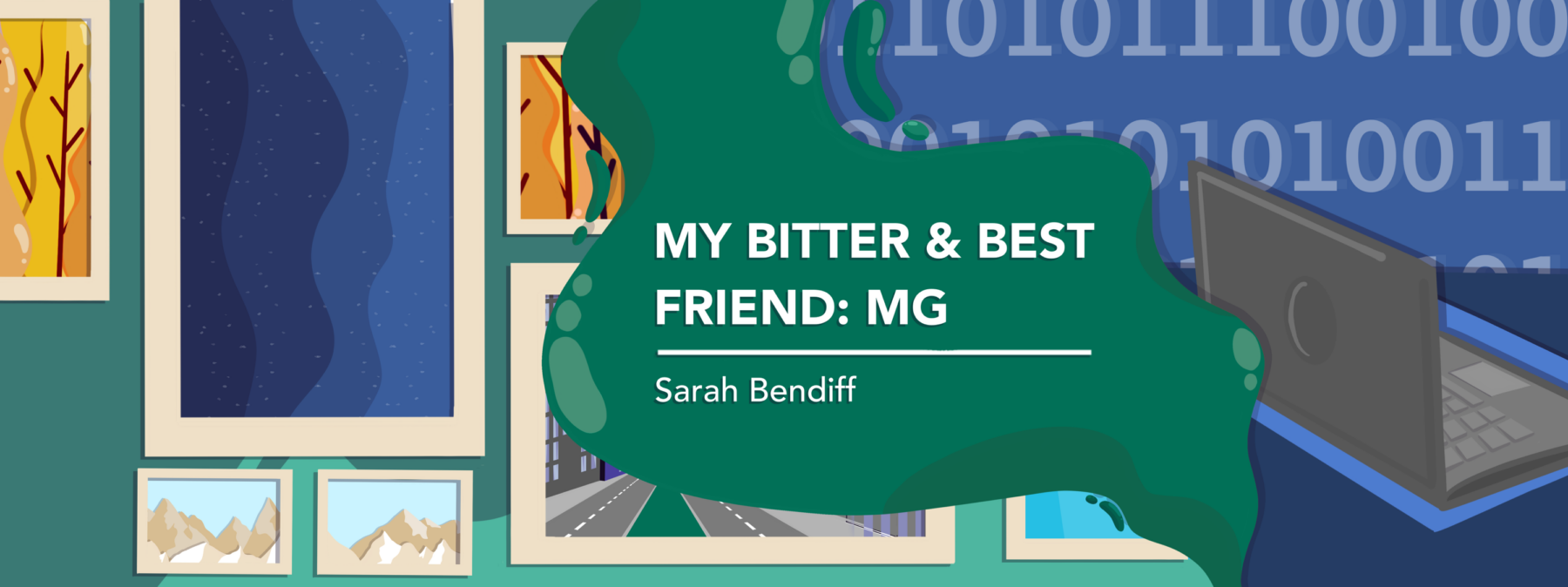How people in public spaces may react to invisible disabilities
What can happen when people don't see my myasthenia gravis
Written by |

We all like to observe others in subways, buses, or streets, and when I do it, I find myself asking, “What are they thinking about? How is their life going? Do they have the same problems as me, or are theirs worse?” I’m confident that many of you think of these or similar questions, too.
For me, the struggles of invisible disabilities can be more pronounced in public spaces, especially in the subway. I might sound crazy, but I do have a modest, homemade theory about it.
It’s not because I’m an expert in sociology. But since I understand the distinction, I’ve started to categorize people into categories of “sick” and “not sick.”
The ‘sick’ group: Fighting to stay invisible
The “sick” category, from my observation, feels more comfortable being invisible, if they can. (Those in a wheelchair, for instance, have a visible disability.) Those who want to stay invisible may fear that if they cough, they might draw stares that suggest, “Don’t you dare contaminate me.” Some observers may suspect these people aren’t disabled and ask them to leave priority seats, in an angry, judgmental, or otherwise scary manner.
I’ll never forget seeing one man who looked healthy but was crying and screaming from frustration because the agents didn’t recognize him and asked him to show his disability card. Here in Algeria, we people with disabilities have access to free public transportation, and we show our disability card as a ticket to pass through control.
When we take the same subway line regularly, agents often remember us and don’t ask for the card anymore. Although I’ve never experienced any problem with this process, I’ve felt judged by many agents, especially the ones who take the time to read all the information on my card and triple-check that I’m the same person in the picture.
I’ve heard comments like, “Are you really sick?” and “You seem better than me.” So I understand that man who doesn’t want to be put in a similar situation or feel the stares of the people around him.
The ‘not sick’ group: Misunderstanding privileges
From the other perspective, the “not sick” people can perceive the priority and “freemiums” as special privileges, forgetting the real reason why we get the disability cards. I’d be happy not to be disabled so I could let an older person sit in my place.
It’s not as if I love receiving pity. Or maybe they think I overuse the card. Perhaps they think they share my pain every day and every night and thus feel they have a word to say about how sick I am.
I’ve been in their situation before I received my diagnosis of myasthenia gravis. I remember a woman once asked me to give up my seat because it was reserved for disabled people like her.
I didn’t know anything about invisible disabilities back then, and my first reaction was incomprehension — not judgment, not anger, just incomprehension — but it lasted for less than 20 seconds. It stopped because I quickly said to myself, “Maybe she has cancer, perhaps she does dialysis, or she might have diabetes and feel dizzy.”
I’ll forever feel grateful to this woman because she taught me that disabled people suffer from the judgment of the selfish, people who don’t give others the benefit of the doubt.
What I’ve learned: Respect and self-advocacy
My small theory ends here. Over time, I’ve learned to stand my ground and not let the reactions of others intimidate me. If someone doesn’t understand my illness, they still have no right to disrespect me. If a subway agent doubts my disability, that’s fine — but it’s not their job to diagnose me. Their job is simply to grant me access once they see my card.
Now I’m the one who breaks the weird moments and tells others, “Yes, I don’t seem very sick, but you’d be surprised if I told you I have myasthenia gravis. Scary name, isn’t it? It’s a rare disease that you can’t see that makes me disabled in so many ways.” It’s a bit like bullying the bullies back — something I mastered in high school. Sometimes humor or confidence is the best defense against ignorance.
Note: Myasthenia Gravis News is strictly a news and information website about the disease. It does not provide medical advice, diagnosis, or treatment. This content is not intended to be a substitute for professional medical advice, diagnosis, or treatment. Always seek the advice of your physician or other qualified health provider with any questions you may have regarding a medical condition. Never disregard professional medical advice or delay in seeking it because of something you have read on this website. The opinions expressed in this column are not those of Myasthenia Gravis News or its parent company, Bionews, and are intended to spark discussion about issues pertaining to myasthenia gravis.







Leave a comment
Fill in the required fields to post. Your email address will not be published.